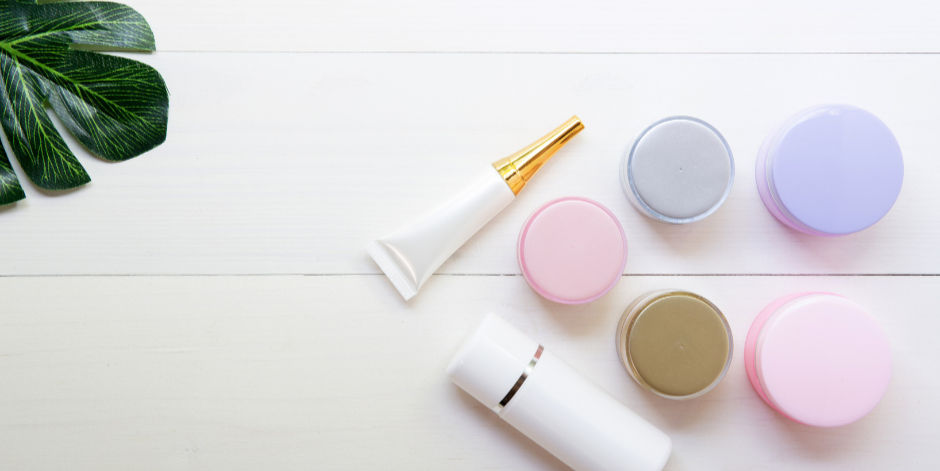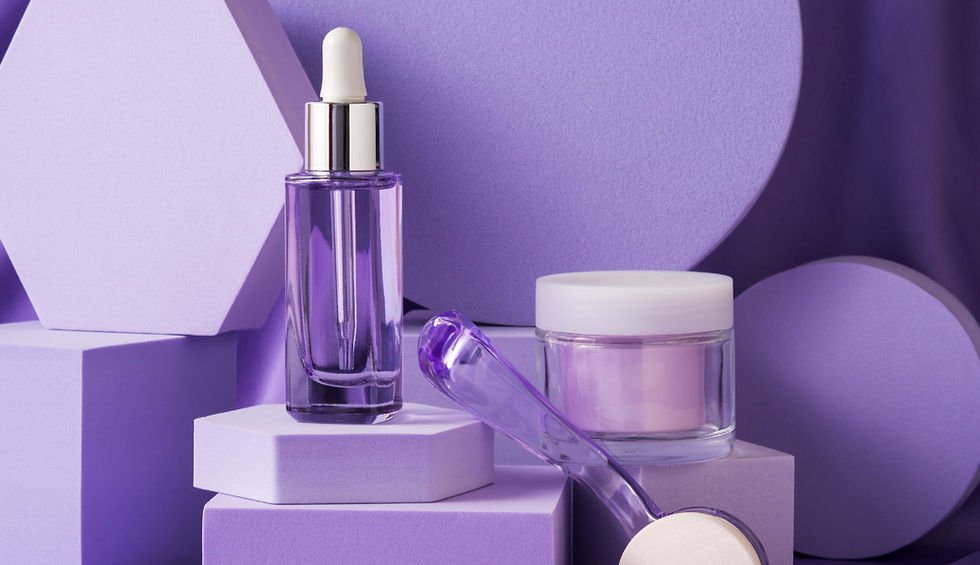False Advertising: Don’t make Implied Claims!
- Bethany Schoengarth

- Jan 19, 2024
- 3 min read
Updated: Sep 6, 2024

The way you talk about your products can make or break your brand. That's right, I'm talking about the treacherous terrain of product claims, especially the sneaky ones - implied claims. Let's dive in and unpack these, ensuring you steer clear of them while still making your mark.
What Are Implied Claims?
Implied claims are indeed sneaky. They're not always obvious, but they're there, influencing your messaging and potentially getting you into trouble. These are the suggestions or hints about your product's benefits that you don't state directly but are, well, implied whether through word-smithing or even photos and graphics. It's like saying, "Our skincare lotion is preferred by dermatologists," which might make consumers think, "Ah, it must be great for sensitive skin!" even though you didn't say it outright.
Misleading Advertising Examples
To avoid false advertising and implied claims, it is important to recognize what is meant by it. We have collected a few examples:
Vague Health Benefits
Picture a protein bar with the tagline, "Unlock your best self." Sounds empowering, right? But what does it really mean? Are you saying it improves health, boosts energy, or enhances mood? It's ambiguous and can lead to misconceptions.
Unsubstantiated Ingredient Claims
Suppose your herbal tea has a label saying, "Infused with nature's secret stress-buster." It's intriguing, but if there's no solid research backing the specific ingredient's ability to reduce stress, you're in murky waters.
Fitness and Weight Loss Implications
Imagine a sports drink with an ad showing ultra-fit athletes and the slogan, "The choice of champions." It subtly implies that drinking this will make you fitter or help in weight loss, a claim that needs concrete evidence.
The FDA's Take on Labeling Claims
The FDA categorizes labeling claims into three types:
Nutrient Content Claims: These are about the level of a nutrient in a product, like "low in sodium" or "high in fiber". They can be expressed (stating specific levels) or implied (suggesting a nutrient's presence or absence). For wellness brands, this means being precise and accurate in any nutrient-based claims you make.
Health Claims: These relate a nutrient to the reduced risk of a disease or health-related condition. They are either authorized (FDA-approved based on significant scientific agreement) or qualified (based on emerging evidence, requiring qualifying language). For example, if you claim that a product reduces the risk of a certain disease, you need solid, FDA-reviewed scientific backing.
Structure and Function Claims: Common in dietary supplements, but can also be found in cosmetics, these describe the role of a nutrient or ingredient in affecting the body's normal structure or function, like "calcium builds strong bones." They don't reference a disease and are not as strictly regulated as health claims.
Making Claims the Right Way
Now, how do you make those claims without stepping on legal landmines? It all boils down to one golden word: substantiation. You want to say your herbal supplement enhances focus? Great, but you need solid, scientific research backing that claim. This is where clinical research comes in. Partner with a CRO to test your products. Utilize your results in your product claims. Then, if someone wants to challenge your claim - whether it’s a competitor or the FDA - you have substantiation that would hold up under scrutiny.
For example, if your face cream contains a unique seaweed extract, and you've conducted clinical trials showing its effectiveness in skin hydration, flaunt that! Use clear, precise language like, "Clinically proven to enhance skin hydration by 30%."
Remember, it's not just about avoiding false claims; it's about building trust. Your audience values honesty and transparency. When they see you backing up your claims with real science, their trust in your brand skyrockets.
New products are popping up like daisies in this industry. Staying honest and grounded in science isn't just good ethics, it's smart business. Keep your claims clear, backed by research, and direct. Your brand's credibility and customer trust depend on it.
Need evidence to back up the claims you want to make?
Avoid implied claims by talking with our team. We can get started right away on a clinical trial, testing your product and getting you the claims you need.ms you need.




Comments